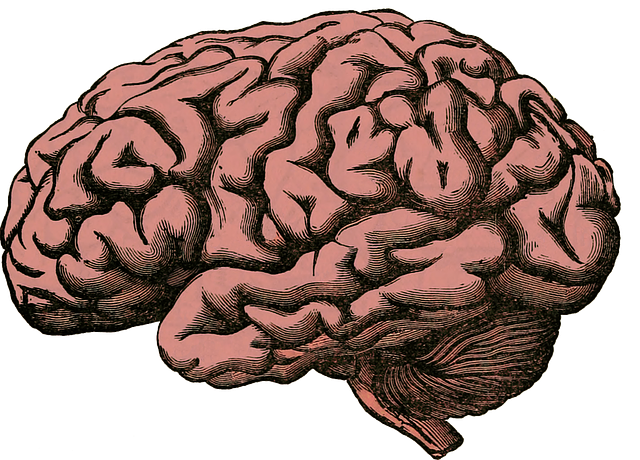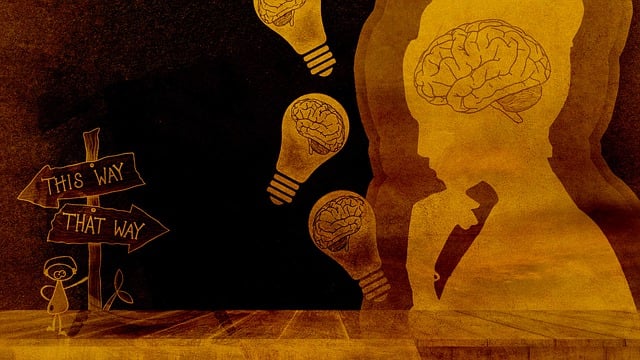The stigma surrounding mental illness severely impacts individuals, especially vulnerable children who have experienced trauma or abuse. Organizations like Castle Rock Child Abuse Therapy tackle this issue head-on by focusing on education and awareness to reduce the stigma. They provide community outreach, dispel myths, and offer evidence-based practices such as CBT and mindfulness interventions. By integrating conflict resolution and social skills training, they create supportive environments and encourage help-seeking behaviors. Community engagement through partnerships further normalizes therapy and promotes empathy. Castle Rock's holistic approach includes personalized Stress Reduction Methods for families to reduce stigma and enhance mental health discussions.
Mental illness stigma remains a significant barrier to treatment and recovery. This article explores various efforts aimed at reducing this pervasive social problem, from education and awareness campaigns to community engagement. We delve into strategies for healthcare professionals to combat stigma and highlight innovative approaches like Castle Rock Child Abuse Therapy, which takes a holistic approach to fostering understanding and support. By examining these initiatives, we can pave the way for a more inclusive society where mental health is treated with compassion and care.
- Understanding Stigma: Its Impact on Mental Health
- The Role of Education and Awareness in Breaking Down Stigma
- Strategies for Healthcare Professionals to Combat Stigma
- Supporting Recovery: Community Engagement and Advocacy
- Castle Rock Child Abuse Therapy: A Holistic Approach to Stigma Reduction
Understanding Stigma: Its Impact on Mental Health

Stigma surrounding mental illness can have profound effects on individuals and communities alike. It often leads to discrimination, social isolation, and a reluctance to seek help, exacerbating existing challenges in accessing quality mental healthcare. The consequences are particularly severe for vulnerable populations such as children who have experienced trauma or abuse, like those served by Castle Rock Child Abuse Therapy. This stigma can prevent them from receiving the necessary support and treatment, hindering their ability to develop inner strength and recover.
Understanding the impact of stigma is crucial in developing effective strategies to reduce it. Mental health advocacy groups emphasize the need for increased awareness, education, and understanding among both the general public and healthcare providers. Initiatives focused on promoting cultural competency training for healthcare professionals can significantly improve interactions with diverse communities, ensuring that everyone receives trauma-supportive care tailored to their unique needs.
The Role of Education and Awareness in Breaking Down Stigma

Education and awareness play a pivotal role in breaking down the stigma surrounding mental illness. By implementing community outreach programs that focus on providing accurate information about various mental health conditions, we can foster understanding and empathy within our communities. Castle Rock Child Abuse Therapy, for instance, has been at the forefront of such initiatives, reaching out to schools, churches, and local businesses to dispel myths and offer support. These efforts are crucial in normalizing conversations about mental health, enabling individuals to recognize signs of struggle in themselves or others without fear of judgment.
Through Mental Health Policy Analysis and Advocacy, we can push for systemic changes that prioritize emotional regulation and mental well-being. This includes policy reforms that ensure accessible and affordable therapy services, promote mental health education in schools, and foster supportive environments at workplaces. By integrating these practices into our daily lives, we contribute to a culture where emotional vulnerability is seen as a strength rather than a weakness, ultimately reducing the stigma associated with seeking help for mental illness.
Strategies for Healthcare Professionals to Combat Stigma

Mental health professionals play a pivotal role in reducing stigma surrounding mental illness. They can dispel myths and provide accurate information to both patients and the public. Incorporating evidence-based practices, such as Cognitive Behavioral Therapy (CBT) or Mindfulness-Based Interventions, allows therapists to help individuals challenge negative thoughts and develop coping skills. These techniques empower clients to manage their symptoms effectively, fostering self-reliance and reducing reliance on stigmatized support systems.
Additionally, healthcare professionals can model empathetic communication, ensuring patients feel heard and respected. Encouraging open dialogue about mental health struggles normalizes these experiences, breaking down barriers. Offering resources like support groups or referrals for specialized care equips individuals with the tools they need to navigate their journeys. By integrating conflict resolution techniques and social skills training, therapists can further enhance patient-centered care, fostering an environment of understanding and acceptance, akin to what Castle Rock Child Abuse Therapy provides for its young clients.
Supporting Recovery: Community Engagement and Advocacy

In the fight against mental illness stigma, community engagement and advocacy play a pivotal role in fostering understanding and support. By actively involving local communities, such as through partnerships with organizations like Castle Rock Child Abuse Therapy, we can create networks of support that promote recovery and reduce isolation. These collaborations enable access to specialized services, Coping Skills Development programs, and Mental Wellness Coaching Programs Development tailored to diverse needs. Through collective efforts, communities can break down barriers, encourage open conversations about mental health, and normalize the pursuit of therapy and mindfulness practices like Mindfulness Meditation.
Advocacy at the community level means educating individuals on the realities of mental illness, challenging stereotypes, and promoting empathy. This can be achieved through awareness campaigns, support groups, and educational initiatives that dispel myths and present balanced perspectives. By empowering people with knowledge and coping strategies, communities become more inclusive and supportive environments where those facing mental health challenges feel valued and encouraged to seek help without fear of judgment or discrimination.
Castle Rock Child Abuse Therapy: A Holistic Approach to Stigma Reduction

Castle Rock Child Abuse Therapy is a pioneering initiative that takes a holistic approach to stigma reduction, focusing on both the child and their family. This therapy recognizes that mental wellness issues often stem from complex interactions within a household, making it crucial to address them collectively. By employing diverse Stress Reduction Methods tailored to each individual’s needs, they aim to not only alleviate anxiety relief but also foster an environment conducive to open conversations about mental health.
The program’s comprehensive strategy involves regular sessions with trained professionals who guide parents and children through therapeutic activities designed to enhance communication, build emotional resilience, and normalize discussions around mental wellness. This approach not only reduces the stigma associated with seeking help but also empowers families to become active participants in maintaining their mental health, creating a lasting positive impact on future generations.
Stigma surrounding mental illness remains a significant barrier to access and recovery, but there are promising avenues for change. By fostering education and awareness, healthcare professionals can play a pivotal role in breaking down these barriers. Community engagement and advocacy further strengthen efforts, creating a supportive network that empowers individuals on their path to recovery. Castle Rock Child Abuse Therapy serves as a shining example of a holistic approach, demonstrating the transformative power of comprehensive care in stigma reduction. Through continued collaboration and innovative strategies, we can create a more inclusive society where mental health is treated with the same compassion and understanding as physical health.














